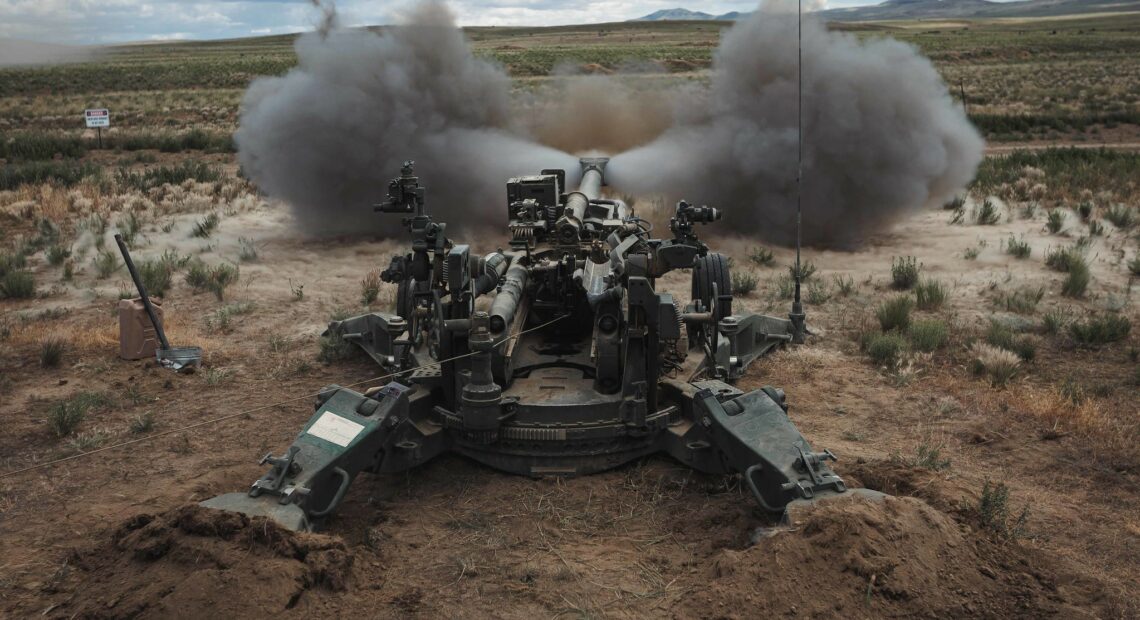
Contaminated wells near Yakima Training Center getting filter fix from the Army
Listen
(Runtime 0:58)
Read
The U.S. Army wants to install filters to help clean up contaminated well water in Central Washington. First, people need to fill out specific paperwork.
That’s why the Army is holding an informational session in East Selah this weekend to help residents.
Officials will be on hand from 9 a.m. – 1 p.m. this Saturday at the Selah Civic Center to answer questions and help people fill out right of entry forms, which will allow crews to come to their property to collect water samples and fix any problems
In 2021, the Army discovered PFAs chemicals near an area where troops train. These so-called forever chemicals likely came from a firefighting foam used to put out diesel fires at the Yakima Training Center nearly 30 years ago.
Soldiers have used the center for weapons training and maneuver exercises since 1941.
According to the U.S. Environmental Protection Agency, per- and polyfluoroalkyl compounds, more commonly known as PFAs, don’t break down in the environment and are harmful to human health. Exposure has the potential to lead to increased risks of some cancers, developmental effects in children and reproductive issues. They are found in many products and are often in aqueous film-forming foam, the same foam that was used at the Training Center.
Right now, the Army knows of 74 contaminated wells, said Paul Noel, a spokesperson for the Training Center. At least 87 people get water from those wells, he said.
So far, the Army has installed 16 whole-house filtration systems, known as Point of Entry Treatment, or POET, systems.
“Once the treatment system is installed, it’s put through a rigorous testing process for the first year and the system isn’t even cleared for use until it’s gone through two months of testing,” he said.
The filters reduce contaminants and remove microorganisms, he said.
“We’re also seeing some aesthetic factors such as taste, odor, and color have improved with this treatment,” Noel said.
Army officials also will answer questions about the water sampling, treatment systems, and the response plan for PFAs at the Yakima Training Center.
Produced with assistance from the Public Media Journalists Association Editor Corps funded by the Corporation for Public Broadcasting, a private corporation funded by the American people.
















